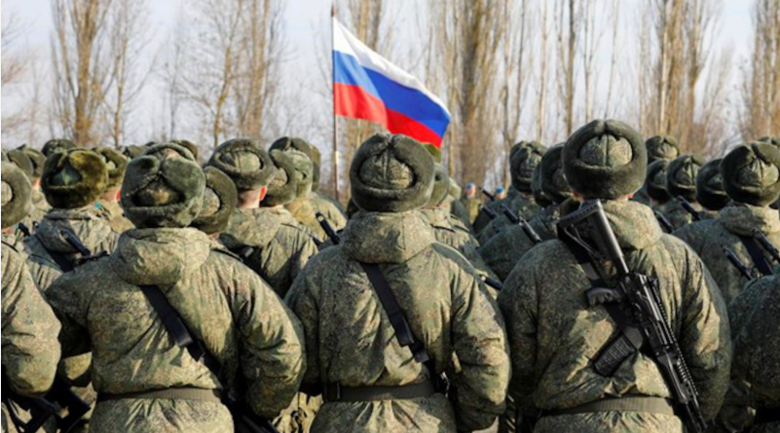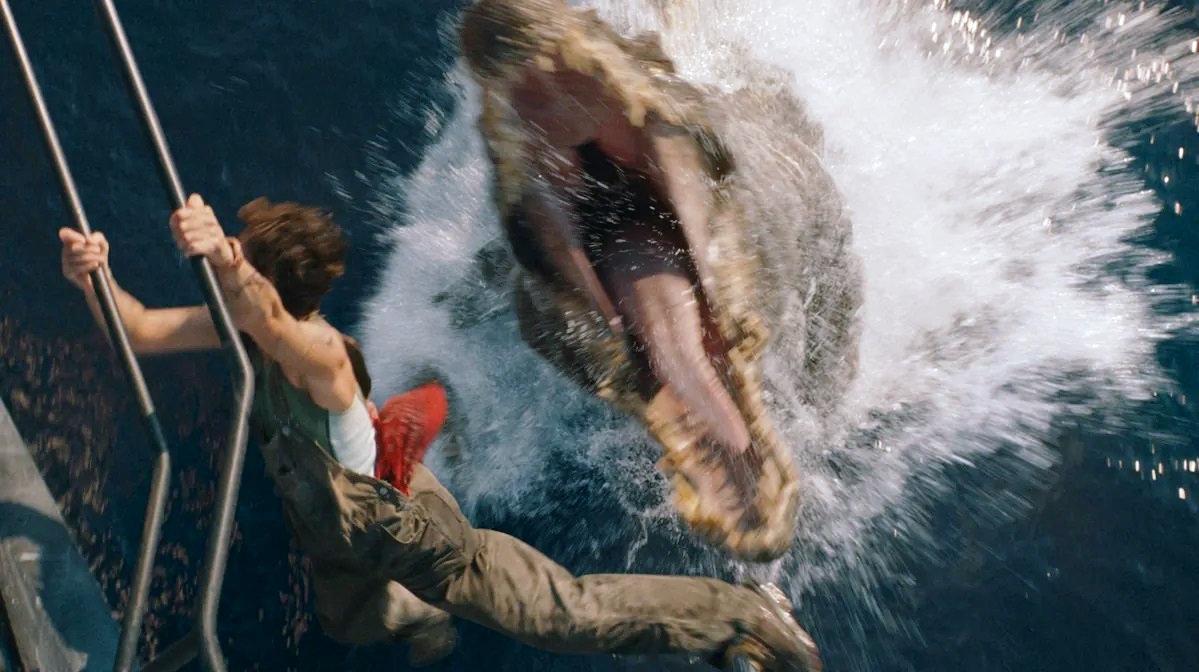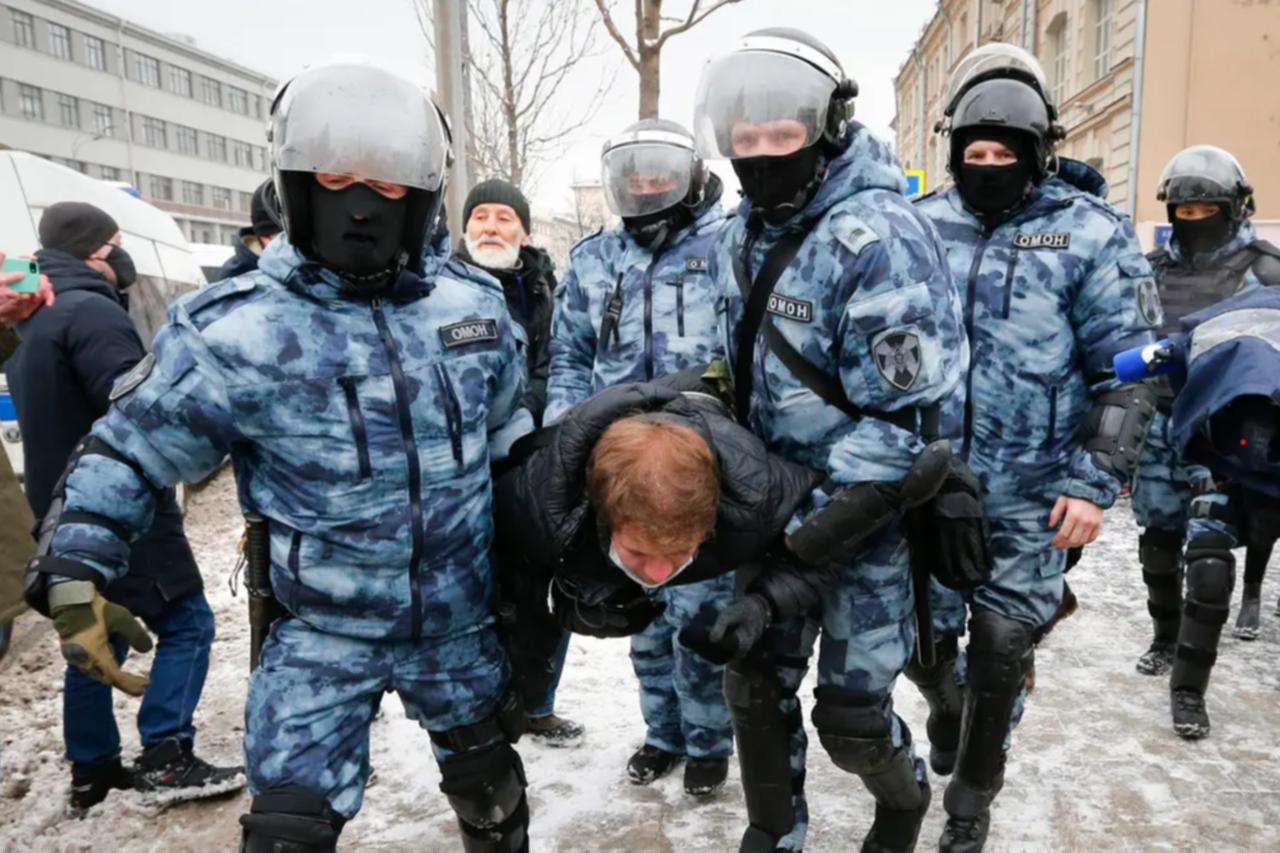
Russia continues suffering humiliation in Ukraine. The Eastern European country has started attacking Russian territory daily, while the West increases arms supplies to Kyiv.
By Nikola Mikovic
Moscow, for its part, does not even dare to halt gas supplies to Europe, even though several European countries have openly stressed that they do not intend to pay in rubles, which was the Kremlin’s initial condition. Moreover, Russian President Vladimir Putin has reportedly assured Austrian Chancellor Karl Nehammer that gas supplies for Vienna can continue to be paid in euros, rather than in the Russian currency.
At the same time, he accused “unfriendly” countries of delaying payments. Russia, on the other hand, keeps providing gas to those nations, which means that they are effectively receiving Russian energy free of charge.
Quite aware of such Russian political impotence, Ukrainian President Volodymyr Zelensky openly told the Kremlin that it will “either negotiate to end the war, or Russia will disappear from the international arena forever”.
Moscow, however, continues holding talks with Ukraine, hoping to find a way to capitulate but at the same time to save face. Kyiv, strongly supported by the West, will likely continue fighting until Russia signs an unconditional capitulation.
Ukrainian forces have already inflicted severe losses on the Russian army. On April 14 they managed to destroy the Russian Black Sea Fleet’s top warship Moskva. More importantly, Ukrainian helicopters, according to Russian reports, attacked the Bryansk region in Western Russia and shelled villages in the neighboring Belgorod region.
Previously, the Kremlin threatened to strike “command centers” in Kyiv if Ukraine keeps attacking Russian territory. The Eastern European country did not take Moscow’s empty threat seriously but has demonstrated that, sooner or later, the war will spill over into the Russian Federation. It is worth remembering that Ukrainian President Volodymyr Zelensky has reportedly ordered the country’s armed forces to conduct military operations on the territory of Russia.
Meanwhile, the Kremlin is expected to continue trying to reach a deal with Ukraine. The United States, for its part, announced that Washington will be ready to “explore the possibility of lifting several sanctions against the Russian Federation if Moscow and Kyiv reach an agreement”. Many influential circles within the Kremlin still hope that Western companies will eventually return to Russia and continue doing business there.
The West, however, is unlikely to normalize relations with Moscow as long as Putin is in power. Instead, the Russian military and political leadership will be accused of war crimes, including genocide, and Russia will feel the consequences of Putin’s Ukrainian military adventure decades after the war.
Many Russians already feel ashamed that their country has launched a “special military operation” in Ukraine. Several Russian sportsmen have changed their citizenship and joined foreign sports teams. Although the Kremlin verbally condemns such actions, it is sending mixed signals to the Russian population. While Dmitry Peskov, Putin’s spokesman, claims that “real Russians are not ashamed of the conflict in Ukraine”, his wife Navka, a US citizen, justifies the Russian sportsmen’s decisions to join foreign teams.
Thus, in the foreseeable future, the Russian population – especially in the West of the country – will stop trusting its military and political leadership. Once the conflict spills over into the Russian Federation, large segments of the Russian public opinion will demand a harsh reaction from the Kremlin. But Moscow will continue calculating and implementing half-measures. In the meantime, Ukraine will gradually establish control over territories that are currently under the Russian occupation.
For Moscow, the only way to prevent such a scenario is to declare a nationwide mobilization – a move that the Kremlin repeatedly refuses to make – and try to at least protect its territory. Alternatively, the country will soon enter a period of uncertainty.
Although the United States may lift some sanctions if the Kremlin capitulates to Ukraine, the vast majority of restrictions will remain in place. Russian population, economically exhausted, and tired of war and humiliations, will seek a regime change. And that could be the outcome of Putin’s “special military operation”.





